The Elephant in the Room
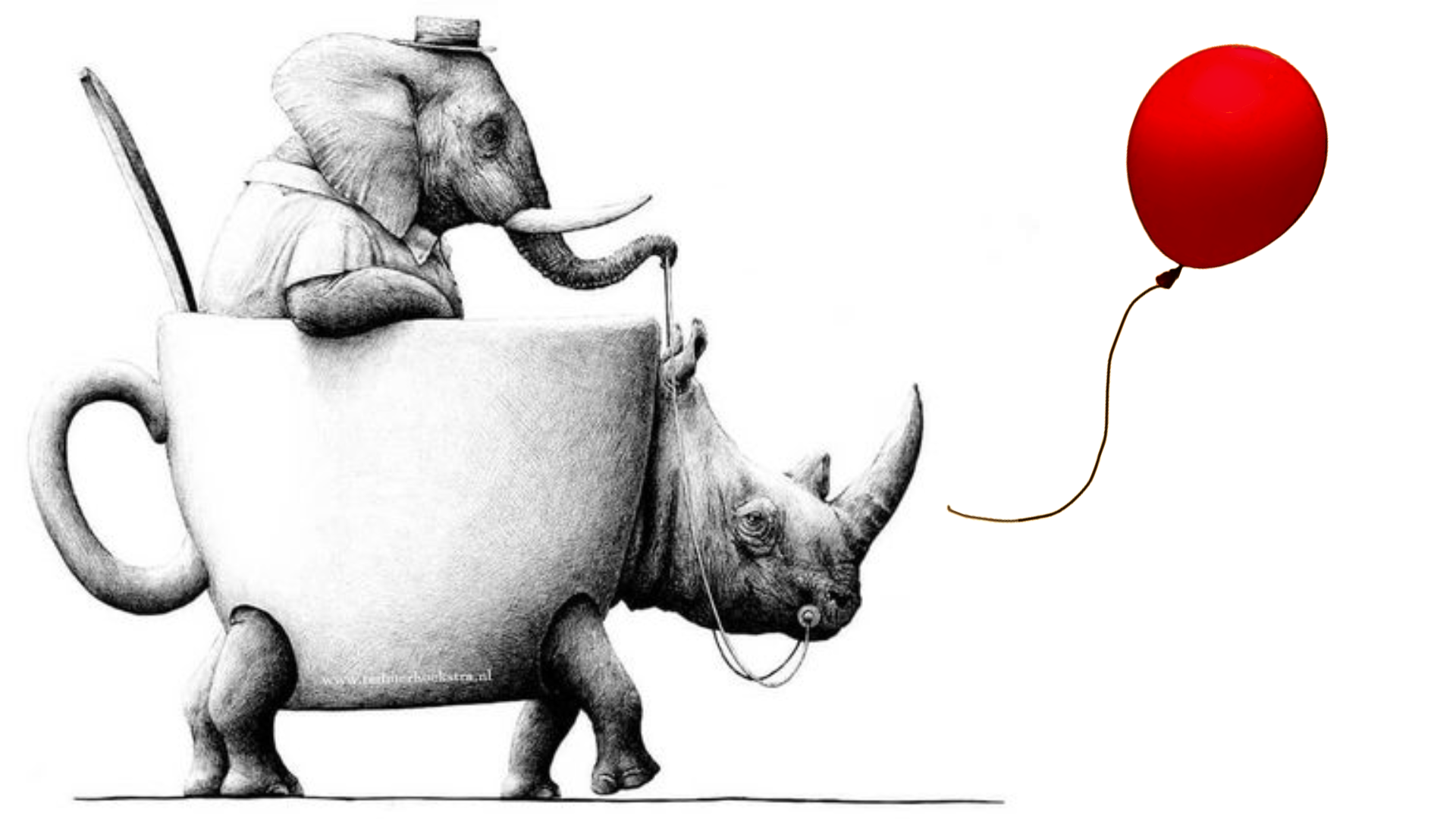
A long time ago, in a faraway country, long before the internet, and even before pictures in books were commonplace, a small group of people had a fantastical experience discovering something 'new'.
Some Hindus had an elephant to show. No one around had ever seen an elephant.
They brought it in at night and placed it in a dark room. One by one, the townspeople would go into the dark and come out saying how they had experienced the animal.
One would touch the trunk and say "a water-pipe kind of creature".
Another, the ear. "A very strong, always moving, fan-animal".
Another, the leg. "I find it still, like a column on a temple".
Another touches the curved back, "a leathery throne".
Another, the cleverest, feels the tusk. "A rounded sword made of porcelain." He's proud of this description.
Each touches one place and understands the whole in that way. The palm and the fingers feeling in the dark are how the senses explore the reality of the elephant.
This story, told by the great Sufi poet Rumi, ends with him saying:
"If each of us held a candle, and if we went in together, we could see it"
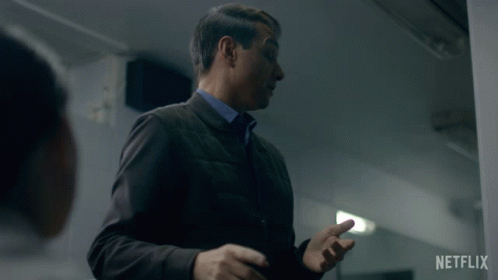
Let's Talk About Stories And The Brain
Dr. Michael Nehls is a physician and molecular geneticist specializing in immunology.
As a researcher, he deciphered the genetic causes of dozens of hereditary diseases at German and international research institutions. Two of his discoveries were published in collaboration with two Nobel Prize winners. For his pioneering findings on Alzheimer's disease development, prevention, and therapy, he was awarded the Hanse Prize for Molecular Psychiatry by the Rostock University Hospital.
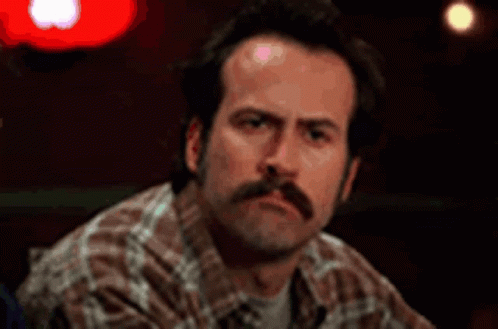
He made profound connections between the brain, our ability to tell new stories, and our survival as a people through this time in history.
Big claims, I know. Very exciting.
The simple version of the connection between the brain, new stories, and our survival as a people:

- We have a Mental Immune System
This Mental Immune System is, in a sense, what makes us human. It gives us the ability to think, to be curious, and to make informed decisions. It allows us to explore our world and develop personal and collective 'culture'.
- Our Mental Immune Systems Health is Critically Important
The core of humankind, the gold in the inner world inside of us, is captured in part by our Mental Immune System. If we lose this, we lose our ability to be free, to live out our unique personality, to have new experiences, or to even think.
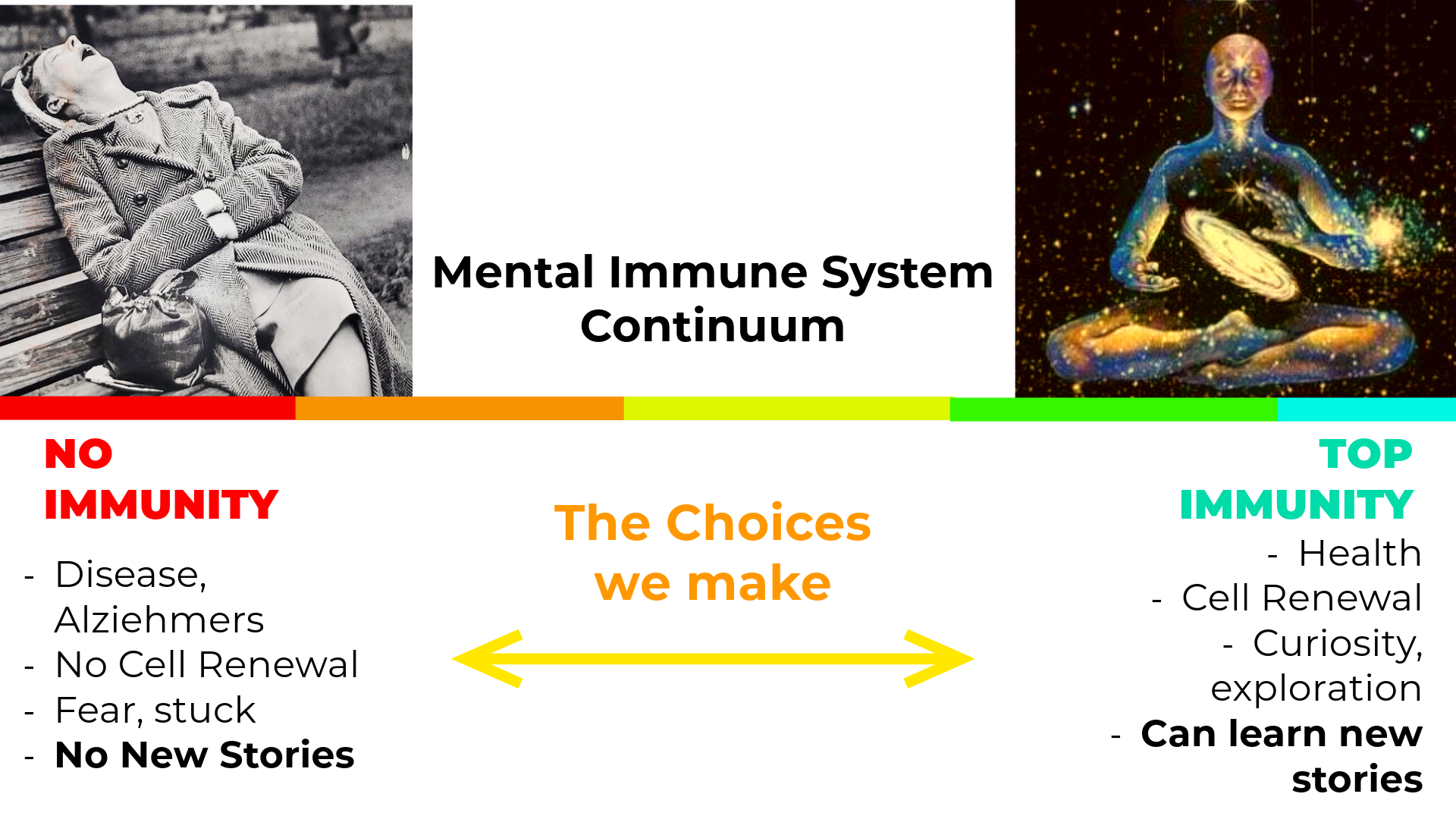
- Low Immunity= No Curiosity, No Resilience, No New Stories
When the Mental Immune System comes under attack, something strange happens. The fear receptors are specifically targeted with a pro-inflammatory response.
This results in a cascade of reactions, ending in the shutting down of new nerve cell production in the hippocampus.
This shuts down our curiosity, our psychological resilience, and our ability to think. These nerve cells are also responsible for learning, retrieving, and memorizing new memories. So if this production is shut down three big things happen:
First, the fear narrative that's triggered becomes the dominant narrative; it remains in the hippocampus in an internal loop of fear and stuckness around the current subconscious narrative.
Second, the hippocampus memorizes the fear narrative and it permanently overrides previous narratives. It erodes previous memories and data, like Alzheimers.
And because the new nerve cell production is shut down, it cannot entertain and write new narratives.

The third thing that happens is if new nerve cell production is shut down, our psychological resilience goes down as well. This causes depression. Depression is one of the most common diseases in the world in 2019.
When we're depressed, our resiliency is down and we will not be well equipped to think critically, challenge the stories we're told, or explore solutions.
- Healthy Immunity= Curiosity, Resilience, New Stories
Curiosity and psychological resilience are two sides of the same coin. Curiosity means exploration, learning, entering into new states of mind, challenge, and change. Staying curious is indicative of a healthy mind.
Those who lose this curiosity show a great deal of resistance around critical thought.
This makes it difficult or even impossible for them to engage their intellect on important subjects. You'll find they can talk with no issue about trivial matters but as soon as heavier, or more difficult subjects that require psychological resilience and curiosity arise, they shut down or they shut the conversation down.
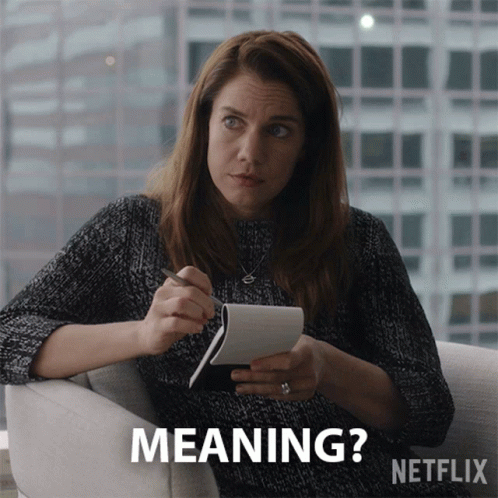
It's not about Health, It's not about Money
It's about the war over the Inner World, the human mind, the spiritual core inside each one of us.

Whether it's modern culture, bad food choices, poor lifestyle habits, 'inherited genes', or an outright, full-on attack of our Mental Immunity- whatever story you believe about what's going on, let it be clear that something is happening.
When I zoom out far enough, this is what I see:
In its most simple form, those who survive, those who thrive, and those who are (dare I say) enlightened, have something in common- they believe in an enlightened story.
When we think of a wise person, or an enlightened individual, whether real or fictitious, we know that they have some beautiful, expanded understanding of themselves, the universe, and their place in it. They have achieved an understanding of God, themselves, and the world- some kind of story that puts them in a place of peace, of power, of purity. All the greats have this; in real life and in the stories we watch on our screens.
When we think of someone who is decaying, like a loved one who is overcome by Alziehmers or disease, what do we notice about the story they live by? It's gone. It's limited. It's partial, at best. It's frozen in time and their personal identity is as fractured as the story they live by.
The story is incredibly important. It's at the bottom of everything. It's at the bottom of who you are, it's at the bottom of the reality you're living, it's the fabric that holds society together and it's the template of what we will live out next.
The story we live by, the story of who we are and why we're here, the story of how we understand all that is happening around us, is as good as our mental immunity.
Our mental immunity is at the core of our inner worlds and the means by which we think, live, and express our unique personhood.
If we don't claim these incredible inner world assets, if we don't learn to protect them and nurture them, then we will inevitably be giving these inner world assets over to forces outside ourselves who are well aware of the power we contain.
We can keep our mental immunity alive and well by developing our inner worlds.
Stay curious, go down the rabbit holes, learn new things, deal with your pain, make art (one of the most incredible things you can do for your brains btw, including those with Alzheimer's), and entertain 'new' stories.
Stay sharp.
Let's Talk About The Elephant In The Room

"The Story" is the elephant in the room. The Story, like Rumi's elephant, isn't 'new' in and of itself, but it is 'new' to us, the townspeople who have never seen or heard it before.
The Story is always hidden at first, in the dark, and we get exposed one by one. This is how it's been for a long time.
And now, we have a chance to grab our candles, go in together, and discover something beyond our individual grasp in the dark.

Entertaining new information about who we are, what's going on in the world, and what our role is in this wild time in history is a great way to keep mental immunity sharp.
It's not about agreeing on everything, it's about staying curious and going into the light together to see the whole picture, piece by piece.
Mental Immunity Boosters
- Challenge Yourself with New Perspectives
We have a new perspective for you to check out this week on Alice in No Man's Land.
- Another Mental Immunity Booster is to engage in creative processes. If you're interested, join us in our most recent prompt. There is mountain-high research on the benefits for even the most diseased brain through the use of creative engagement, especially art. I dare you to give it a try.
- Read a book.
If you want the full version of Dr. Nehl's research, check out his most recent book, "The Indoctrinated Brain". That will get your Mental Immunity pumping at an all-time high.
